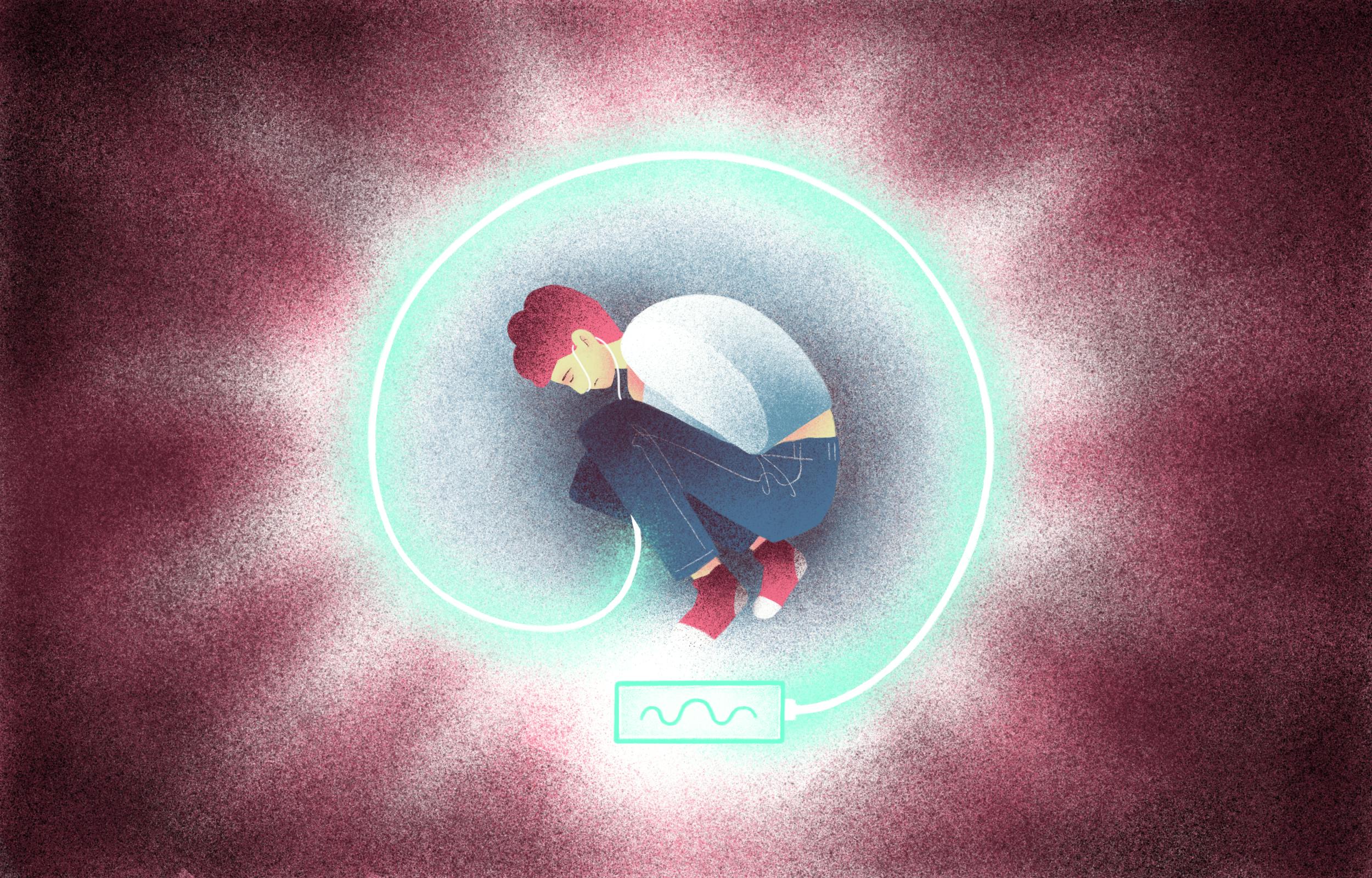This device helps teens breathe through severe mental health symptoms
Even if you’re not in imminent danger, a panic attack can still convince you that you’re dying. There’s no question that mental health episodes like these can be incredibly debilitating.
Luckily, there are treatment options for people suffering from conditions like panic disorder and post-traumatic stress disorder (PTSD). However, many of them involve medication with side effects and/or long lead times to improvement.
Digital therapeutics (DTx) have been tackling mental health conditions, offering patients alternatives to traditional pharmaceuticals. One such company is focusing on the power of controlling the breath.

The story: Freespira, a software and device company focused on treating anxiety disorders such as PTSD and panic disorder, has received FDA 510(k) clearance for adolescents aged 13–17.
- The digital therapeutic was previously approved as a 28-day treatment for adults. This new clearance aims to tackle the high prevalence of anxiety disorders among young people.
- Freespira’s adolescent user clinical data showed the device reduced panic disorder symptom severity by 54 percent and PTSD symptom severity by 44 percent.
How it works: The treatment guides users through controlled breathing as a method of symptom management.
- The treatment rests on findings suggesting that breathing differences and hypersensitivity to carbon dioxide are linked to panic and PTSD symptoms. That’s why targeted breath training can make such an impact on symptom severity so quickly.
- Patients complete two 17-minute sessions per day for the 28-day treatment course.
- The treatment has two main technological components:
- a sensor that samples the patient’s breathing, providing real-time feedback
- and telehealth software, which patients use to receive training and check-ins from a live coach.
Plus, part of Freespira’s value proposition is that appropriate mental healthcare is even harder for kids to adhere to than adults. Clinician shortages affect this population too, and if parents can find a clinician for their child, attending sessions can be disruptive to school schedules and expensive.
Bullish on DTx: This expansion for Freespira comes at a time when the digital therapeutics space continues to be turbulent.
- The culprit behind the fall or middling performances of companies like Pear Therapeutics and Akili Interactive tends to be cash flow.
- DTx companies have faced struggles convincing both health plans and providers that their completely novel approaches to treatment were worth paying for. Ultimately, for many, the costs of R&D and marketing outpaced slower sales.
- DTx operations that have seen this pattern are taking different approaches to revenue. Last year, we discussed how Otsuka, a company offering a DTx for major depressive disorder, got around payor hesitancy by going direct-to-consumer and charging for its product, Rejoyn. The startup notably said it anticipated losing money on the front end as it built trust in Rejoyn.
- Freespira appears to be similarly tapping the brakes on growth, taking a slow approach to patient acquisition by building deep relationships with select regional health plans. CEO Joe Perupka told STAT last year that the company expects to break even by the end of 2025.